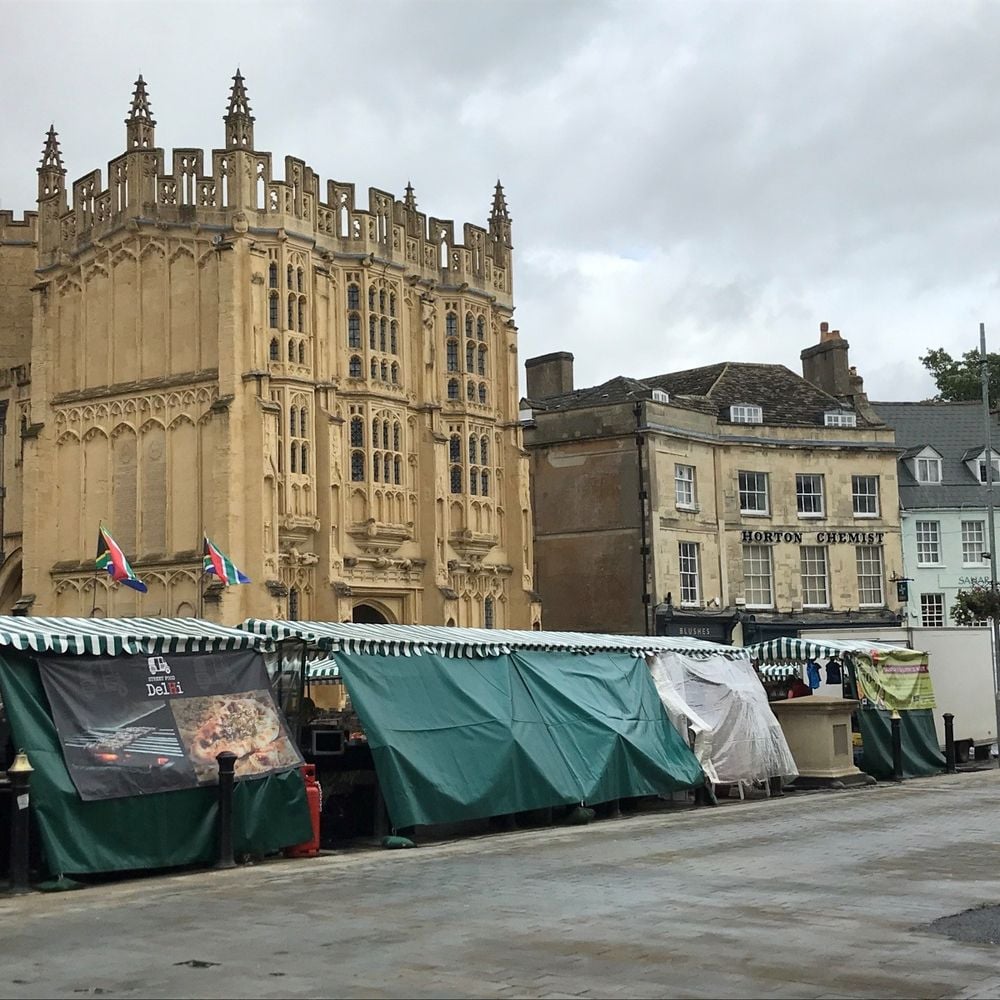
Conservation Areas

Owning a property within a Conservation Area means that any proposed works to the property may require consent from the Local Authority concerned
Cotswold District has 144 Conservation Areas - the highest number of Conservation Areas of any district local authority in England. In part this will be due to the historic nature of the area and its architecture generally, and the natural beauty of the Cotswolds, and its building materials.
To find out if you live in one of these Areas -
https://www.cotswold.gov.uk/planning-and-building/historic-buildings-and...
If you live in a Conservation Area extra planning controls may apply
You may need planning permission for demolition worksYou must inform the Local Authority if you know of any proposed works to trees in a conservation areaYou must apply for planning permission for minor works such as replacement windows and doors, removal of chimney stacks and boundary walls and replacement roof materials (as permitted development rights have been removed due to Article 4 directions).
To find out whether your proposed works require planning permission, email planning@cotswold.gov.uk (include a detailed description of the proposed works, a sketch plan of the building, photographs and any other relevant information).
CONSERVATION AREA FREQUENTLY ASKED QUESTIONS
What is a Conservation Area?
Conservation Areas are areas which have been designated because of their special architectural or historic interest, and where it is beneficial to preserve or enhance their character or appearance. There are now more than 8,000 Conservation Areas in England.
These areas are important for their special qualities e.g. historic buildings, the layout of the settlement; open spaces etc.
The key legislation is the 1990 Planning (Listed Buildings and Conservation Areas) Act Section 72 - General duty as respects Conservation Areas in exercise of planning functions.
(1) In the exercise, with respect to any buildings or other land in a Conservation Area, of any powers under any of the provisions mentioned in subsection (2) special attention shall be paid to the desirability of preserving or enhancing the character or appearance of that area.
How are Conservation Areas designated?
Conservation Areas are designated by the Local Authority, on the basis of whether the area is of special architectural or historic interest, and whether it would be beneficial to preserve or enhance that character or appearance.
The process includes detailed analysis of the proposed Conservation Area, public consultation and formal approval by the Local Authority.
Can a Conservation Area boundary be altered once it has been designated?
Yes, the Local Authority can undertake boundary reviews to identify potential extensions or re- designations. Such boundary reviews are normally undertaken during the preparation of a ‘character appraisal’ for the area.
What is a Conservation Area Appraisal and Management plan?
Conservation Area Appraisals set out what is important about an area in terms of its character, architecture, history, development form and landscaping.
The Management plan sets out various positive proposals to improve the character and appearance of the Conservation Area.
What is a Conservation Area Statement?
These have been replaced by Conservation Area Appraisals and Management Plans, but were similar in describing the Conservation Area etc.
What are the Council planning policies for development in Conservation Areas?
Local Authorities follow the guidance in the National Planning Policy Framework and the National Planning Practice Guidance. Development proposals are considered on the basis of whether they preserve and enhance the character and appearance of the relevant Conservation Area.
The Cotswold District Local Plan includes a specific policy on Conservation Areas.
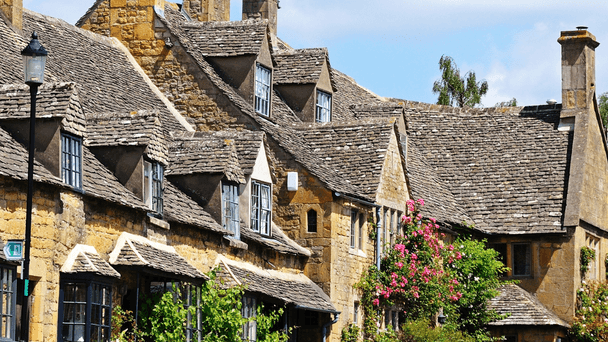
Why the Cotswolds Remains One of the Strongest Property Markets in the UK
Few regions in the UK combine lifestyle appeal, long-term value and consistent demand quite like the Cotswolds. Despite periods of national market uncertainty, the Cotswolds continues to stand out as one of the country’s most resilient and desirable property markets, attracting homeowners, investors, and international buyers alike. So, what underpins this enduring strength?
Why the Cotswolds Remains One of the Strongest Property Markets in the UK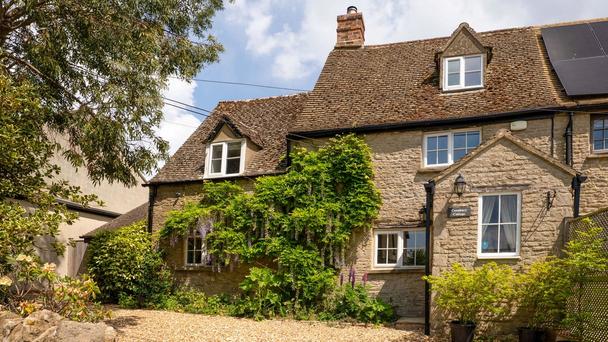
A Personal Approach to Property: Client Experiences with Butler Sherborn
At Butler Sherborn, client experience sits at the heart of everything we do. Across sales and lettings, our teams pride themselves on professionalism, local knowledge and a truly personal approach. The following recent reviews from 2026 highlight just a few of the outstanding experiences our clients have shared.
A Personal Approach to Property: Client Experiences with Butler Sherborn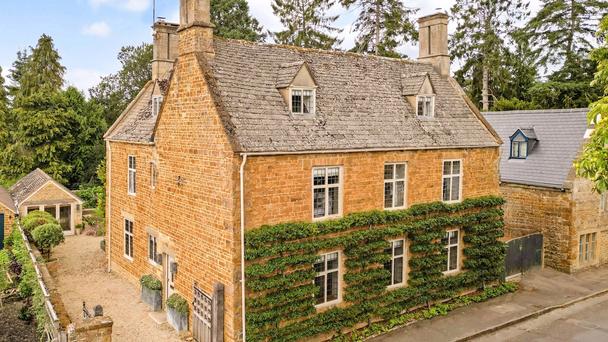
January Market Comment
January has seen us firmly up and running across the Cotswolds. Activity has been encouraging, with positive levels of interest and a busy start to the year. We have already agreed a good number of sales across our three offices in a range of different price points, which is a positive indicator of buyer intent following what was a very cautious 2025, with low confidence and many delays.
January Market Comment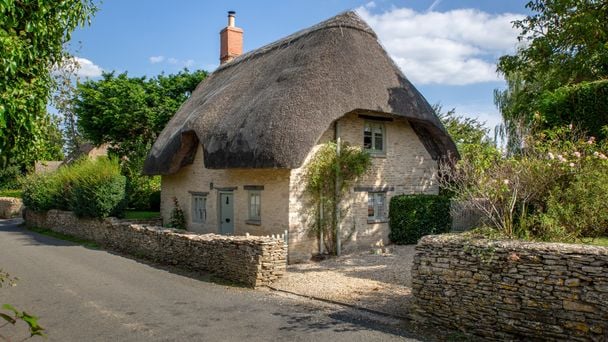
Three Quintessential Cotswold Cottages – Full of Character & Charm
With Valentine’s Day just around the corner, there’s something undeniably romantic about the idea of escaping to a cosy Cotswold cottage. Think honey-coloured stone walls, crackling log fires and soft lamplight spilling across plush sofas - perfect for long conversations, shared glasses of wine and slow, unhurried mornings. In winter, the Cotswolds reveal a quieter kind of beauty, with misty lanes, frosted fields and snug village pubs just a gentle stroll away. It’s a setting steeped in charm and warmth, and utterly quintessential in its British appeal.
Three Quintessential Cotswold Cottages – Full of Character & Charm





